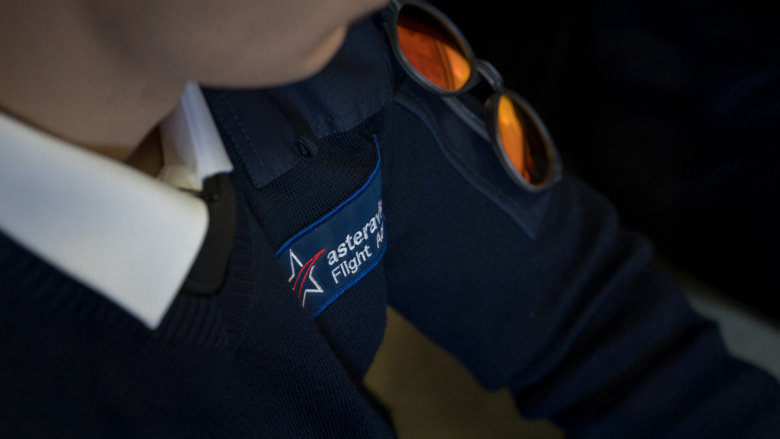In the aviation world, safety is a top priority. Every decision, procedure and technological innovation is aimed at ensuring that flights are as safe and reliable as possible.
One of the crucial components in achieving this goal is Crew Resource Management (CRM). But what exactly does CRM mean and why is it so essential for pilots and the entire aviation industry? Let’s explore.
What is Crew Resource Management?
Crew Resource Management (CRM) is a system for managing the resources of the flight crew that emphasizes the importance of communication, leadership and teamwork in the aviation environment.
Born in the 1970s in response to several aviation accidents caused by human errors, CRM was developed to improve crew performance and reduce the risks associated with flights.
The pillars of CRM
- Effective Communication: Clear and precise communication is essential in the cockpit. CRM promotes the use of structured communication techniques to avoid misunderstandings and ensure that all critical information is properly shared among the crew members.
- Leadership e Followership: A good leader must be able to make quick and effective decisions, but they must also be open to accept the contributions from other crew members. Likewise, followers must be ready to provide feedback and support, ensuring smooth collaboration.
- Workload Management: CRM helps pilots manage their workload by assigning specific tasks to crew members to avoid overload and ensure that all operations are carried out safely and promptly.
- Situational Awareness: Being aware of what is happening around oneself is fundamental in aviation. CRM teaches pilots to maintain a high level of situational awareness, identifying potential risks and responding promptly to any changes or emergencies.
- Decision Making: he decision-making process in the cockpit must be quick and effective. CRM provides tools and techniques to improve decision-making by considering all relevant factors and minimizing human error.
The importance of Crew Resource Management in pilot training
At Asteraviation, we consider CRM an essential component of the training curriculum for aspiring pilots. Understanding and applying CRM principles not only enhances students’ operational capabilities but also prepares them to face complex situations with greater safety and competence.
Benefits of CRM for flight safety
The integration of CRM into training programs has brought numerous tangible benefits to the aviation industry:
- Reduction of Accidents: many studies have shown that the adoption of CRM has significantly reduced the number of accidents caused by human errors.
- Improved Crew Performance: crews trained in CRM show greater cohesion and the ability to work effectively together, even under pressure.
- Passenger Safety and Confidence: a CRM-trained crew is able to manage emergencies more efficiently, ensuring passenger safety and increasing their confidence in the airline.
Crew Resource Management (CRM) is therefore a key pillar for the safety and efficiency of aviation operations.
At Asteraviation Flight Academy, we are committed to provide top-level training, integrating CRM principles to prepare the pilots of the future. Investing in CRM means investing in the safety, competence, and professionalism of the aviation sector.
If you’d like to learn more about our courses and how CRM can make a difference in your pilot career, contact us today.



